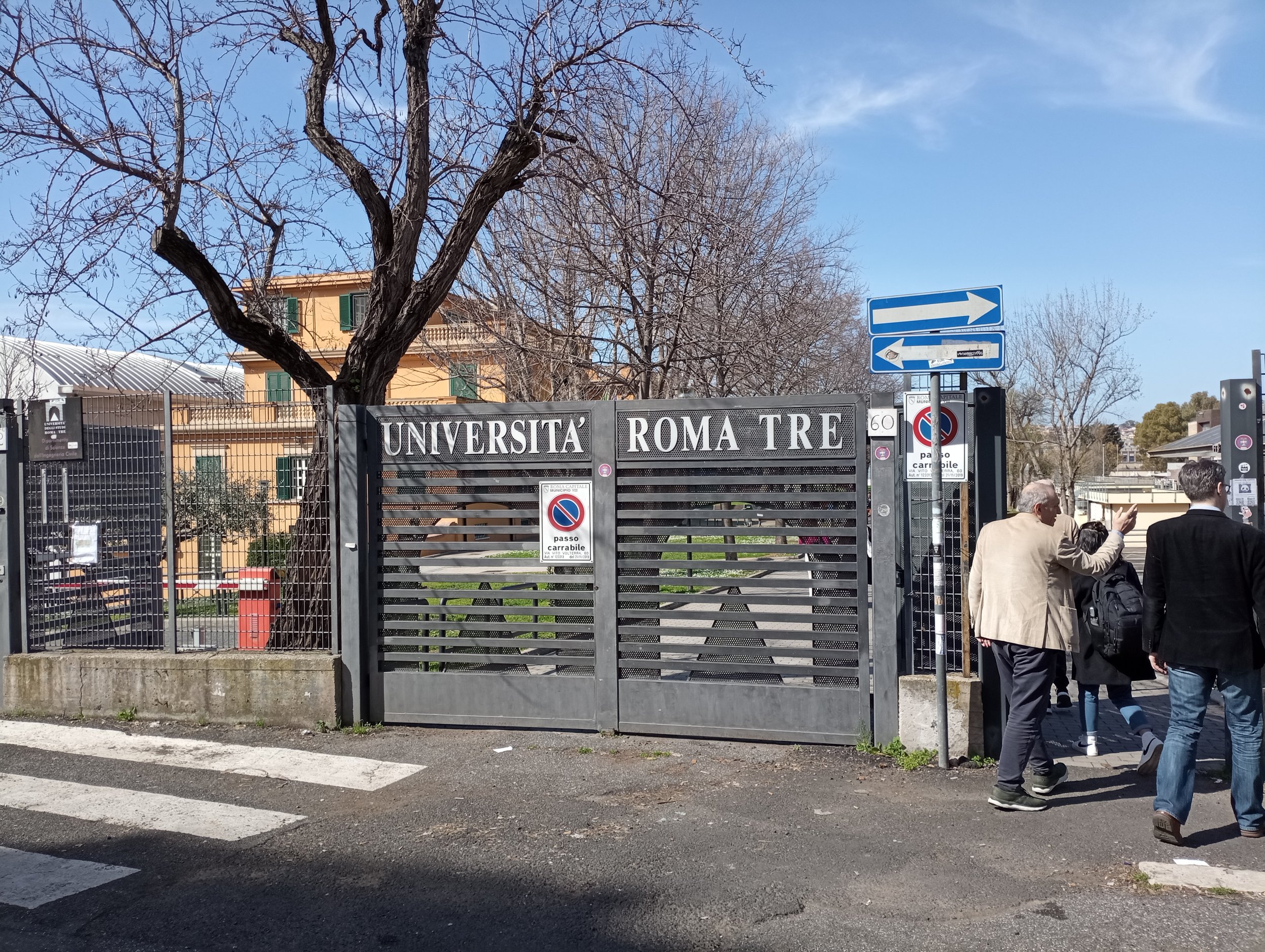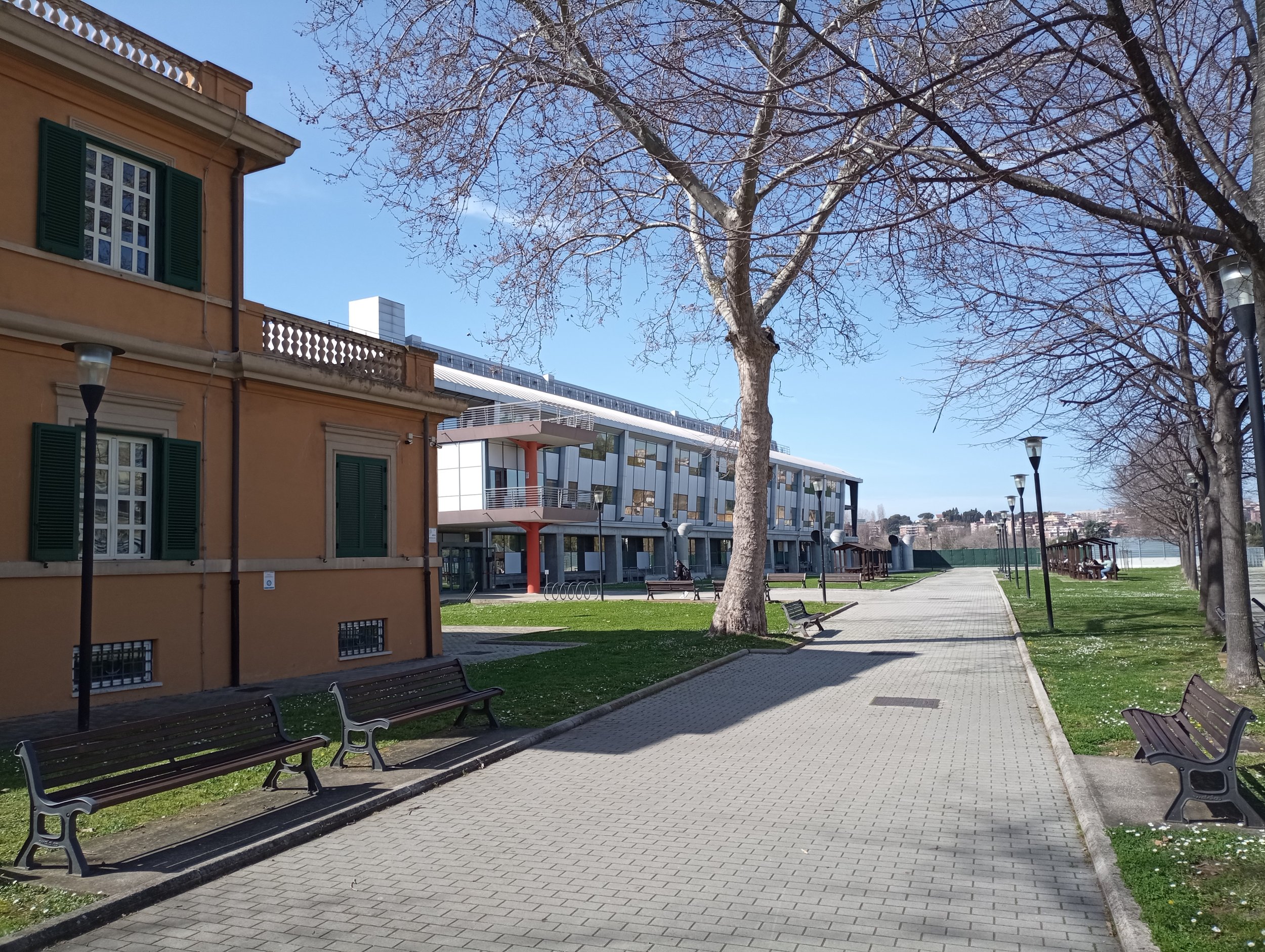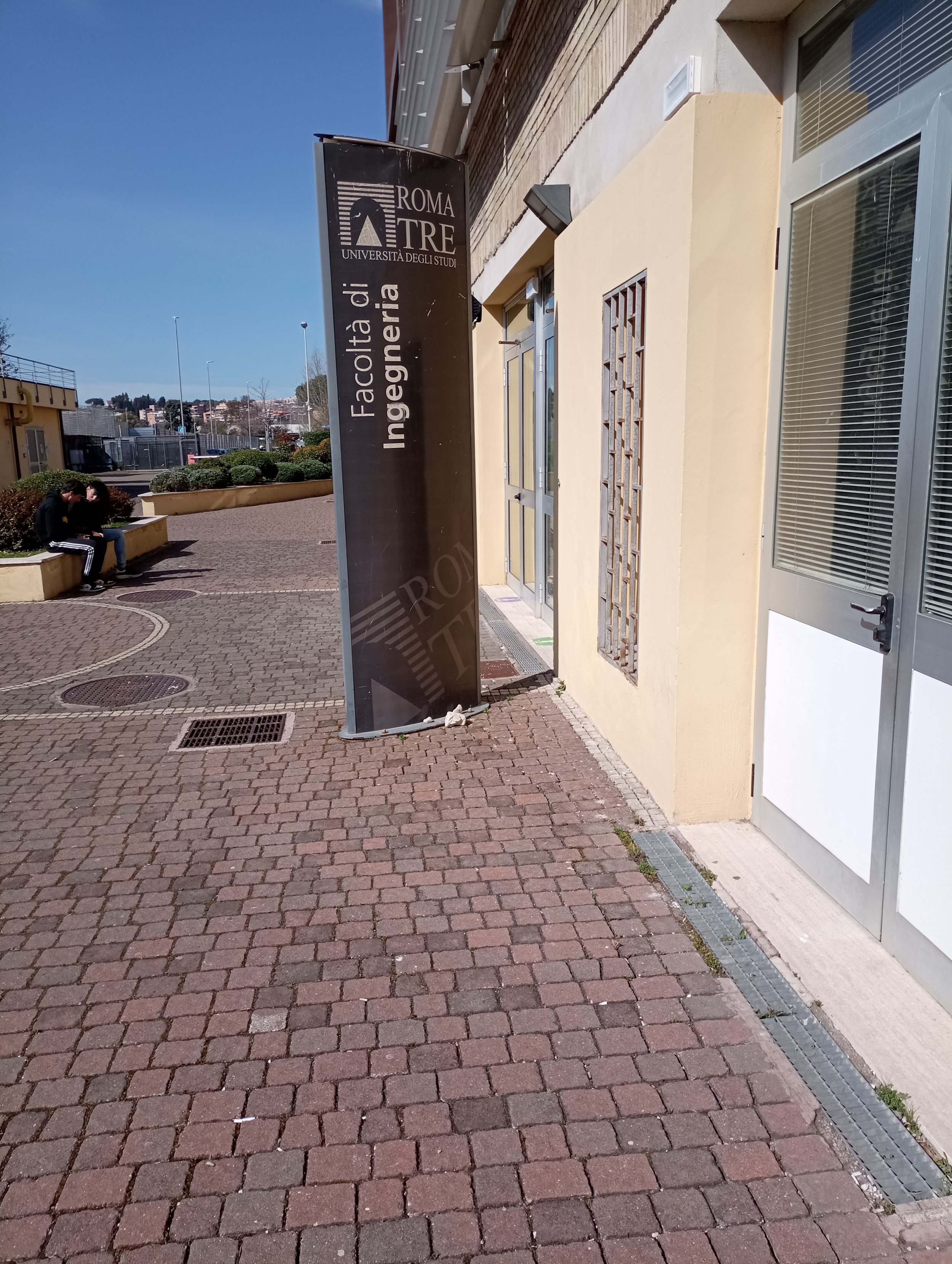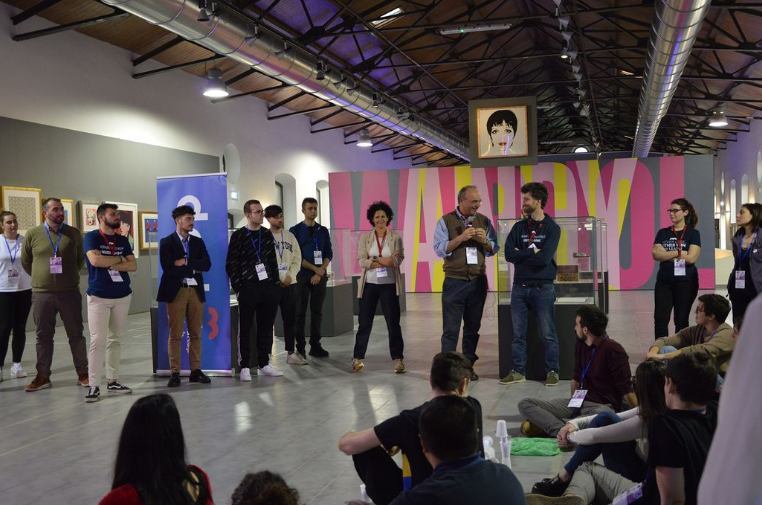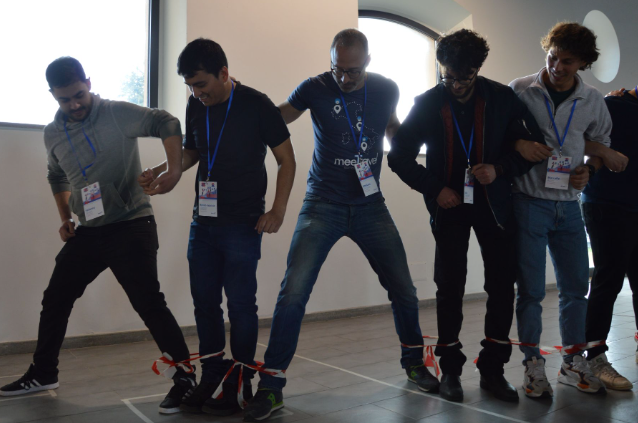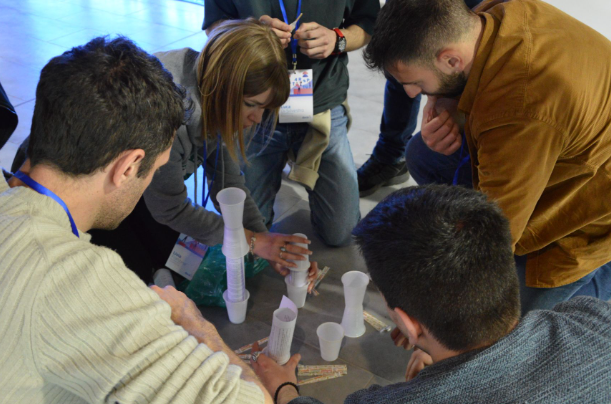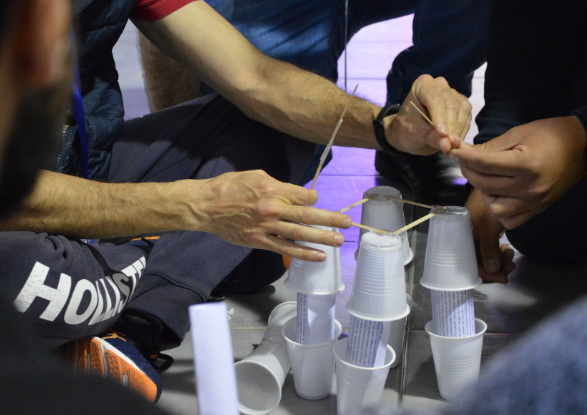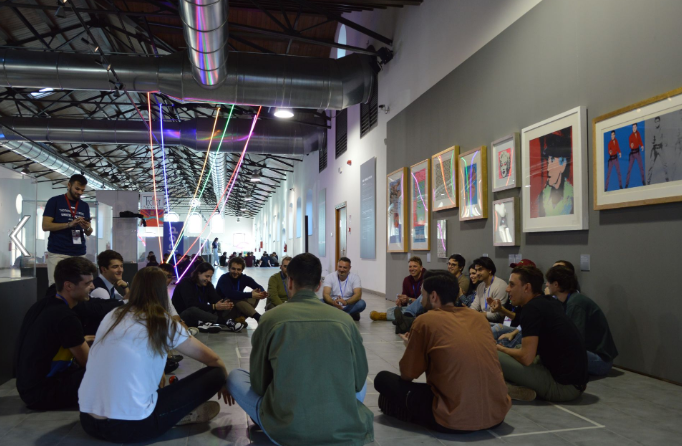#2 - Return of experience on Dock3
Rome, the capital of Italy, is known for its rich cultural heritage, art and architecture. Increasingly the city is also a hub for innovation and entrepreneurship, which I saw for myself during my recent visit to Roma 3 Universita. There I met with Andrea del Piaz and Prof. Paolo Merialdo, who are part of the team that runs the Dock3 startup programme.
Dock3 is an exciting startup programme that offers Roma 3 University final year students and researchers a unique opportunity to come together and develop innovative business ideas. The programme started in 2018 dock3 continues the work begun in 2010 by InnovAction Lab and is designed to run each year for 4 months, includes 11 meetings and 3 pitch tests for the students to present their idea to investors. Participants have access to a network of 50 entrepreneurs, investors, startup founders and business leaders who are willing to provide continuous feedback. The programme offers workshops twice a week, on Tuesdays and Thursdays after lectures, these meetings are held in a hybrid mode, with three mandatory face-to-face days.
Participants can apply individually or as a team. The programme is structured to bring together multidisciplinary teams. Once selected, teams must consist of a minimum of 3 and a maximum of 5 members, with no more than 2 members having the same academic background. The selection criteria are based on competence, motivation and skills, a balance between the participants' disciplines and the order of applications, giving them the opportunity to define and perfect their business idea by posting a video on YouTube.
Dock3 starts in February with the recruitment process and culminates in July with the presentation of a Minimum Viable Product (MVP) and an investor pitch.
What impressed me about the Dock3 programme is the focus on building a team, experimenting with an idea and building a startup. The Dock3 programme is modelled on Y Combinator (YC), the famous startup accelerator in Silicon Valley. One of the most important aspects of the Dock3 programme is finding a co-founder. Identifying the right co-founder can be a daunting task for any startup founder. The core is on team building. It starts with various games, which this year took place in a museum, while last year participants played rugby. Participants also study successful start-ups supported by YC and are asked to present their own ideas. There is an improvisation exercise where students, without knowing the slides beforehand, have to make a pitch in front of their classmates. This is not only fun, but also helps participants experience the unpredictability of the startup world. The programme is about the process of ideation, experimentation and validation that leads to the creation of a viable startup. They learn right away why startups fail and what resilience is all about. Through these activities, students learn about the key themes that always come up when creating a start-up, such as collective intelligence, error culture, proactivity and sharing and integrating ideas and meanings.
Once the teams are formed, they work on their minimum viable product (MVP) for two months, mostly software or hardware related. Last year saw projects including smart devices to reduce water consumption or monitor energy consumption, a drone to collect olives, a few marketplaces to rent equipment or shop within a neighbourhood etc.
These projects will be presented in July in front of investors and will conclude their statup programme.
In addition, some of Dock3's successful startups are looking for collaborators and co-founders to join their teams, and a job board is available for other students to find such opportunities.
It was interesting to see how the programme is designed to bring together students and researchers from different academic backgrounds, and how important it is to build a multidisciplinary team to develop a viable business idea.
I also noticed some parallels with what we offer at the University of Bath, particularly our focus on fostering innovation and entrepreneurship through our Enterprise Programme and IKEEP. I hope that we will find ways to work with Roma 3 Universita and Dock3, perhaps exploring opportunities for student exchanges or joint business projects.
Overall, my visit to Rome and my experience with Dock3 was inspiring and insightful, and I look forward to seeing the impact of my visit to our programme on our student entrepreneurs in the years to come here at Bath.
![SETsquared Bath Innovation Centre [University of Bath]](http://images.squarespace-cdn.com/content/v1/59ad4c7ef14aa16da6b98425/1543483421246-WGI6RKDJ139AWS7J59TB/ss-bath.png)
